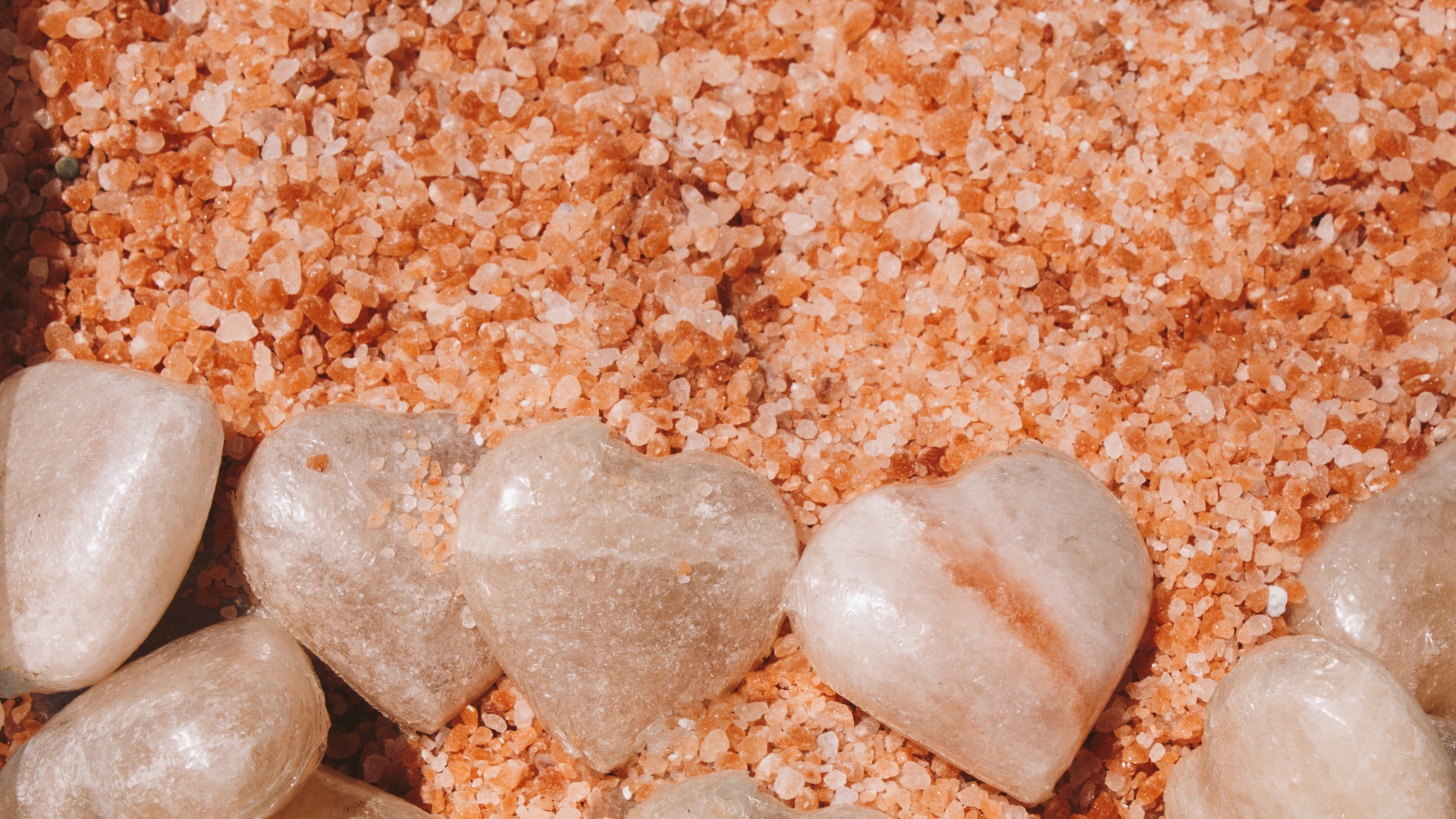
Rock salt — or sendha namak as it’s known in India — is more than just another seasoning. This naturally occurring salt has been valued for centuries in Ayurveda, traditional medicine, and everyday cooking. But what makes it so special compared to the refined table salt you probably have in your kitchen?
Let’s dig into its origins, benefits, and why you might want to add it to your pantry and wellness routine.
Table of Contents
What Exactly Is Rock Salt?
Rock salt is a naturally occurring mineral form of sodium chloride, mined from salt deposits formed by ancient seawater evaporation. Unlike refined table salt, which undergoes heavy processing and bleaching, rock salt is minimally processed and retains many natural minerals.
Key properties of rock salt:
-
Slightly coarse texture
-
Off-white, pink, or light brown color depending on mineral content
-
Rich in trace minerals like potassium, calcium, magnesium, and iron
Nutritional Edge Over Regular Salt
Refined table salt is stripped of most minerals during processing and often contains additives like anti-caking agents. Rock salt, on the other hand, naturally contains:
-
Potassium – Helps balance sodium levels and supports heart health
-
Magnesium – Relaxes muscles and supports nerve function
-
Calcium – Strengthens bones and teeth
-
Iron – Supports healthy red blood cells
These minerals contribute to overall health while providing a subtle flavor difference.
Health Benefits of Rock Salt
A. Supports Digestion
In Ayurveda, rock salt is considered a digestive aid. It stimulates digestive enzymes, improves nutrient absorption, and can help relieve bloating and heartburn.
B. Maintains Electrolyte Balance
Because it contains essential minerals, rock salt helps replenish electrolytes lost through sweat, especially in hot climates or after intense workouts.
C. Promotes Respiratory Health
Inhalation therapy with rock salt (like salt rooms or salt lamps) is believed to clear mucus, reduce allergy symptoms, and support lung health.
D. Boosts Skin Health
Used in scrubs and baths, rock salt exfoliates dead skin, detoxifies pores, and improves circulation, giving skin a natural glow.
E. Regulates Blood Pressure
While excessive salt of any kind can raise blood pressure, moderate consumption of mineral-rich rock salt may help maintain better fluid balance than refined salt.
Culinary Uses
Rock salt isn’t just healthy — it’s versatile in cooking:
-
Sprinkle on salads, fruits, and raitas for a unique flavor
-
Use in pickles and chutneys for enhanced taste
-
Perfect for fasting recipes (vrat ka khana) in Indian tradition
-
Used in ice cream making as a cooling agent
Traditional & Wellness Uses
-
Saltwater gargle with rock salt can soothe sore throats
-
Foot soak with warm water and rock salt eases fatigue
-
Salt lamps made from rock salt are believed to purify air (though scientific evidence is limited)
Precautions
-
Too much salt — even rock salt — can cause water retention and increase blood pressure
-
People with kidney problems or on sodium-restricted diets should limit intake
-
Always buy pure, food-grade rock salt from a trusted source
Rock salt isn’t just a kitchen ingredient — it’s a mineral-packed wellness booster with a unique flavor profile and multiple health benefits. From aiding digestion to promoting skin health, it proves that nature often offers the best solutions.
So, next time you reach for the salt shaker, consider swapping in a pinch of rock salt. Your taste buds and body might thank you.


